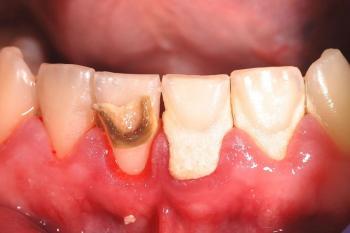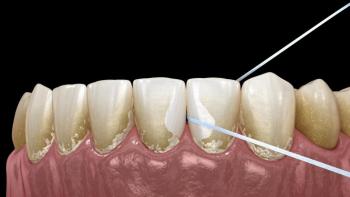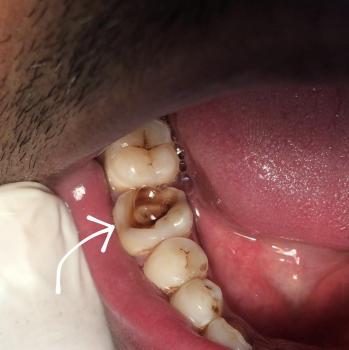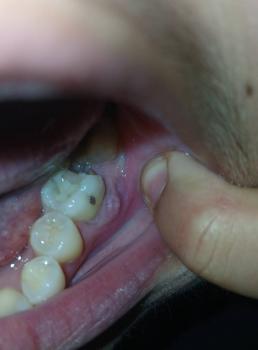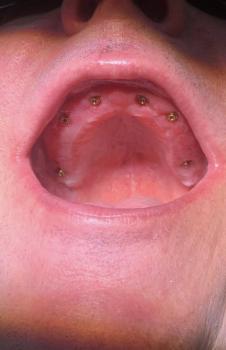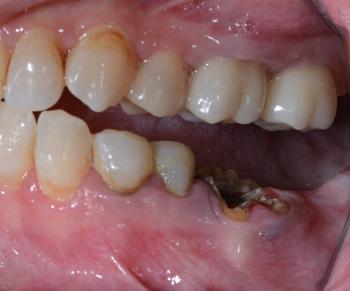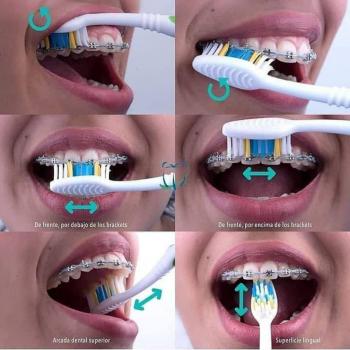Because Every Tooth Deserves Care.
Is Your Mouth Harming Your Mind? The Hidden Oral-Brain Connection
Language :
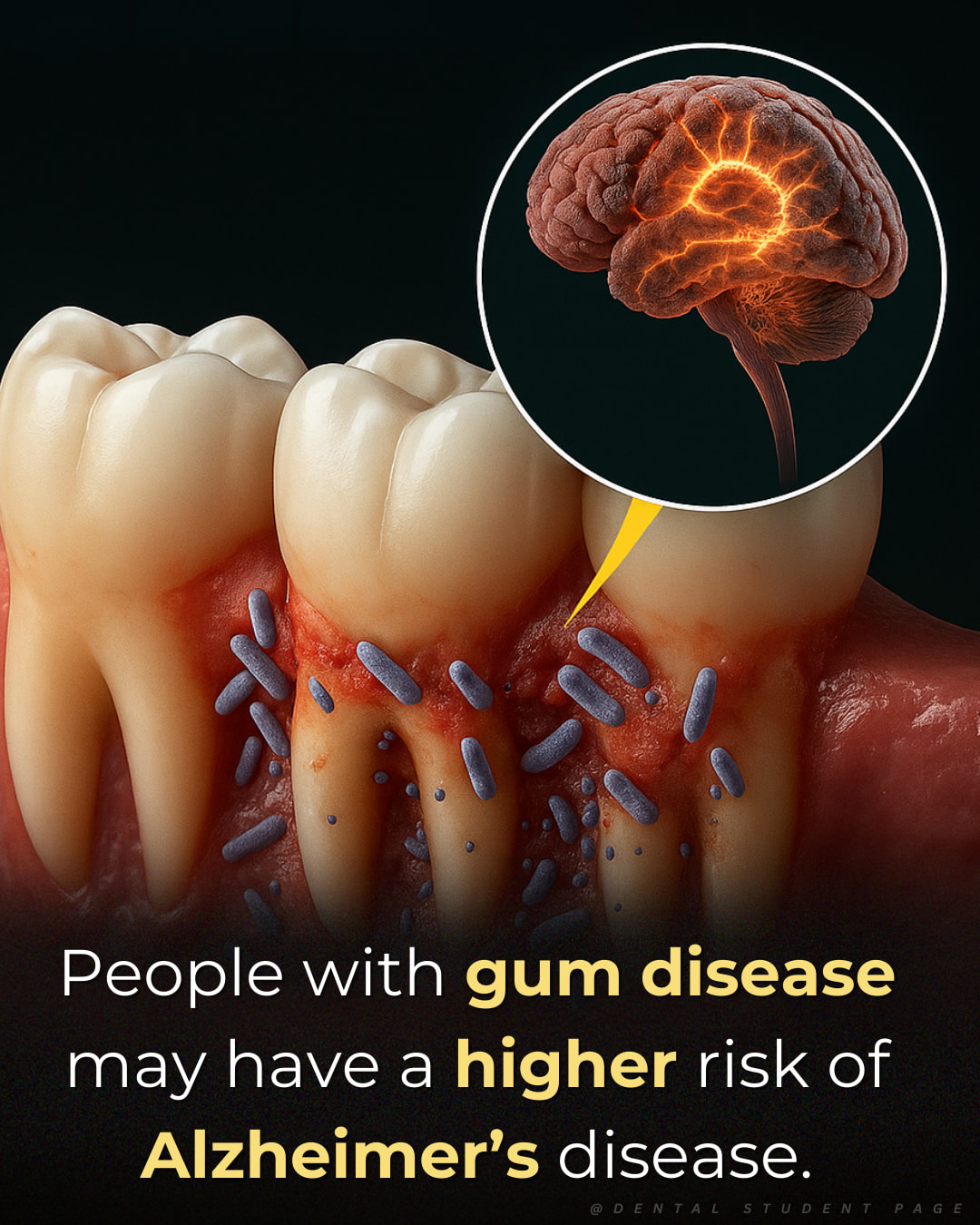
The Mouth-Brain Connection: How Gum Disease Could Affect Your Brain Health
A groundbreaking study has uncovered a startling link between oral health and brain health, revealing that the bacteriae responsible for gum disease may also play a role in Alzheimer’s disease progression. Scientists have found that individuals with high levels of antibodies against gum disease-causing bacteria tend to exhibit more severe Alzheimer’s symptoms.
The Silent Invader: Bacteria Traveling from Mouth to Brain
Researchers have identified specific bacteria—Porphyromonas gingivalis (P. gingivalis)—in the brains of Alzheimer’s patients who also suffered from periodontal (gum) disease.
Gum disease is an inflammatory condition where harmful bacteria thrive in ulcerated, bleeding gums, forming deep pockets. These open wounds allow bacterial byproducts to enter the bloodstream, potentially traveling to the brain and contributing to neuroinflammation and cognitive declinez.
What Can You Do? Expert Advice for Protecting Your Brain
-
Floss Daily – Removing plaque between teeth prevents bacterial buildup.
-
Brush Effectively – Use a soft-bristled brush and fluoride toothpaste.
-
Try a Water Flosser (Waterpik) – Helps clean deeper than traditional flossing.
-
Ask Your Dentist About P. gingivalis Testing – A bacterial culture can determine if you’re at risk.
-
Regular Dental Checkups – Early intervention prevents gum disease from progressing.
Critical Thinking & Innovation in Oral Caree
This research highlights the need for innovative approaches to oral hygiene, emphasizing that dental health is brain health. Could better gum care slow cognitive decline? Future studies may reveal more, but for now, flossing isn’t just about fresh breath—it might be protecting your mind.
Stay informed, stay proactive, and remember: A healthy mouth could mean a healthier brain.

